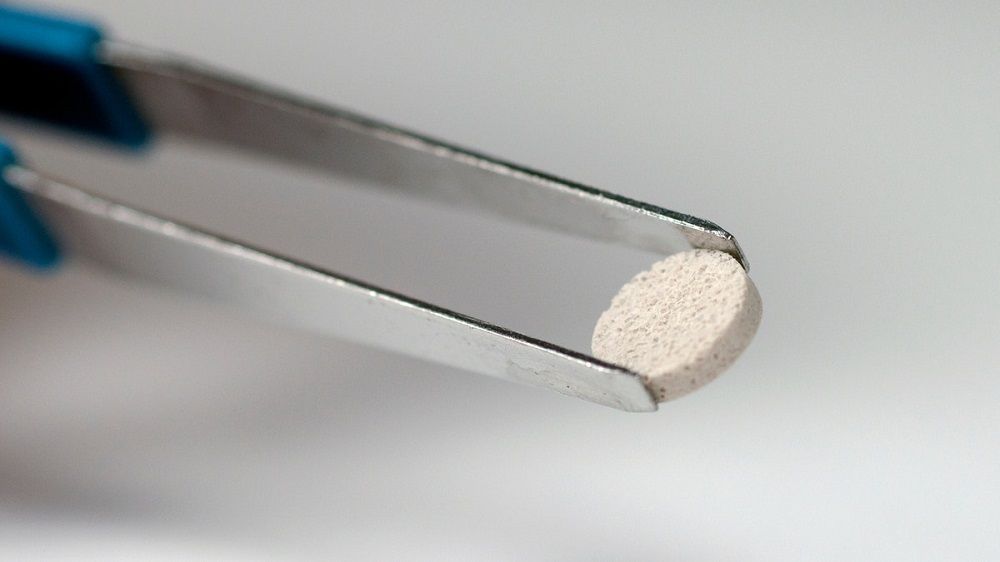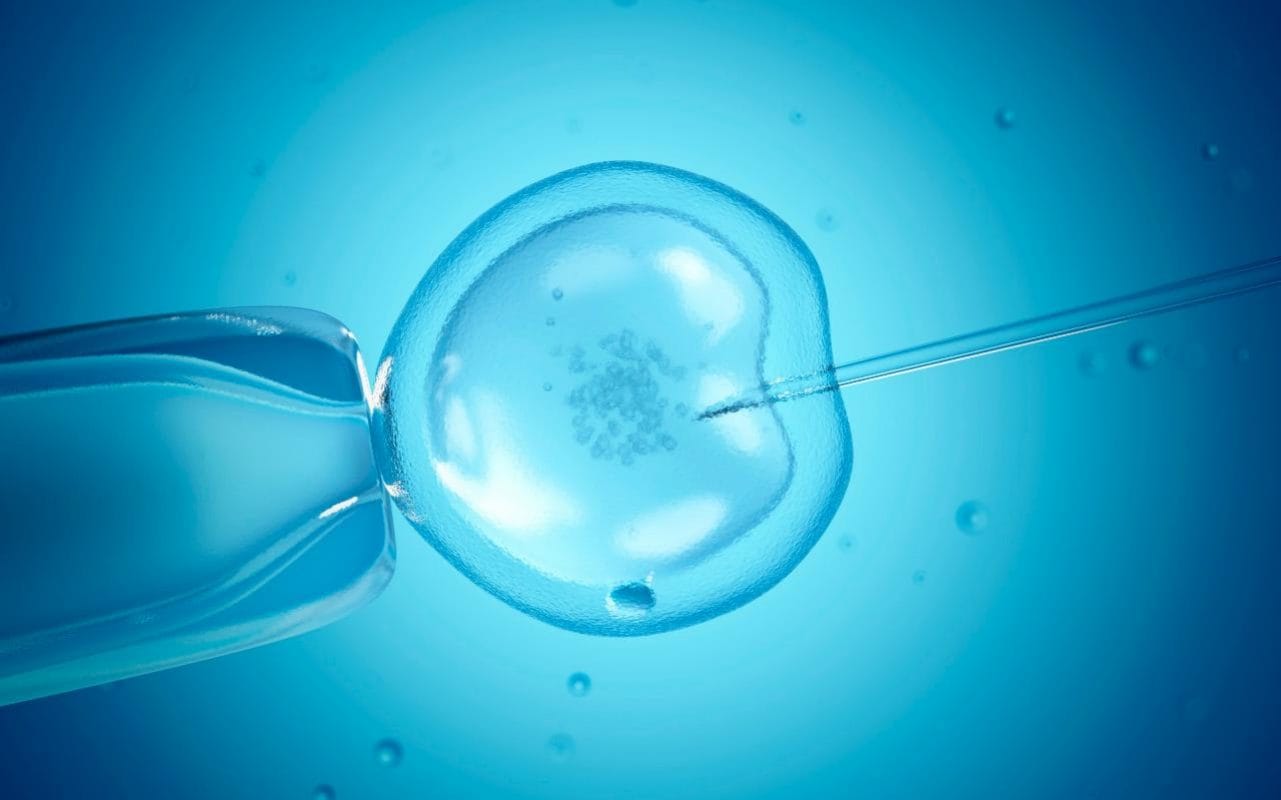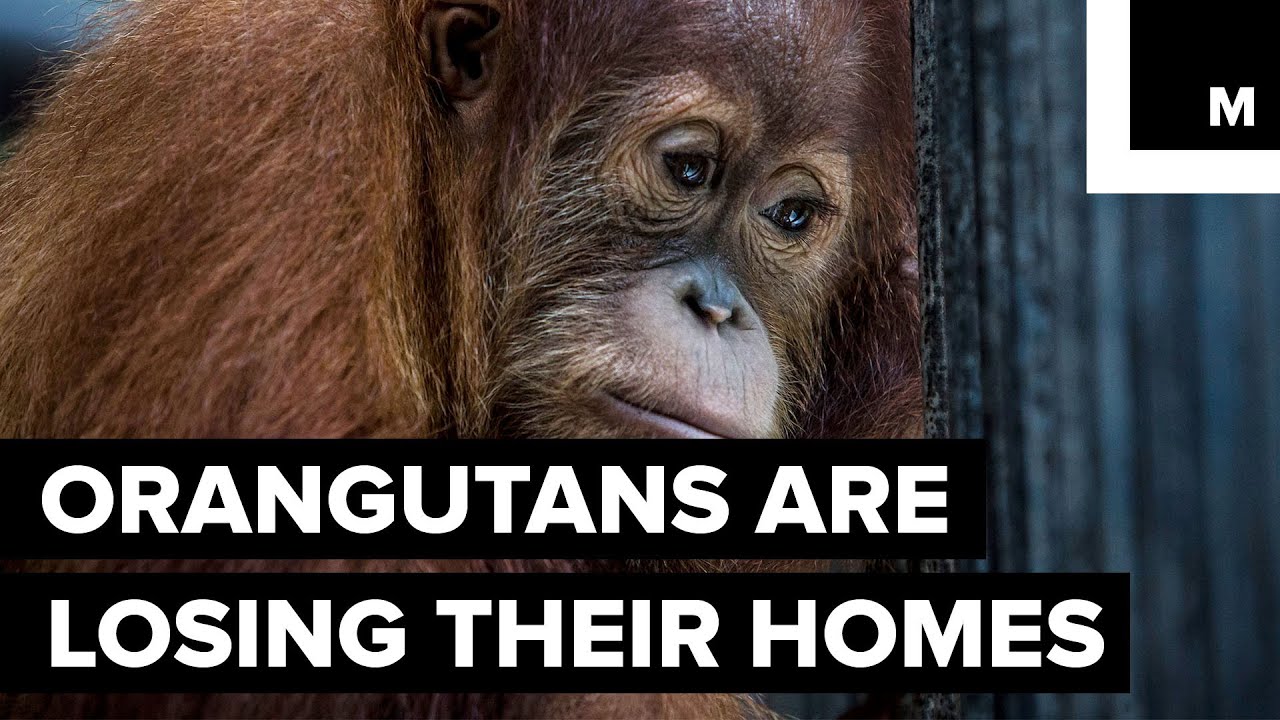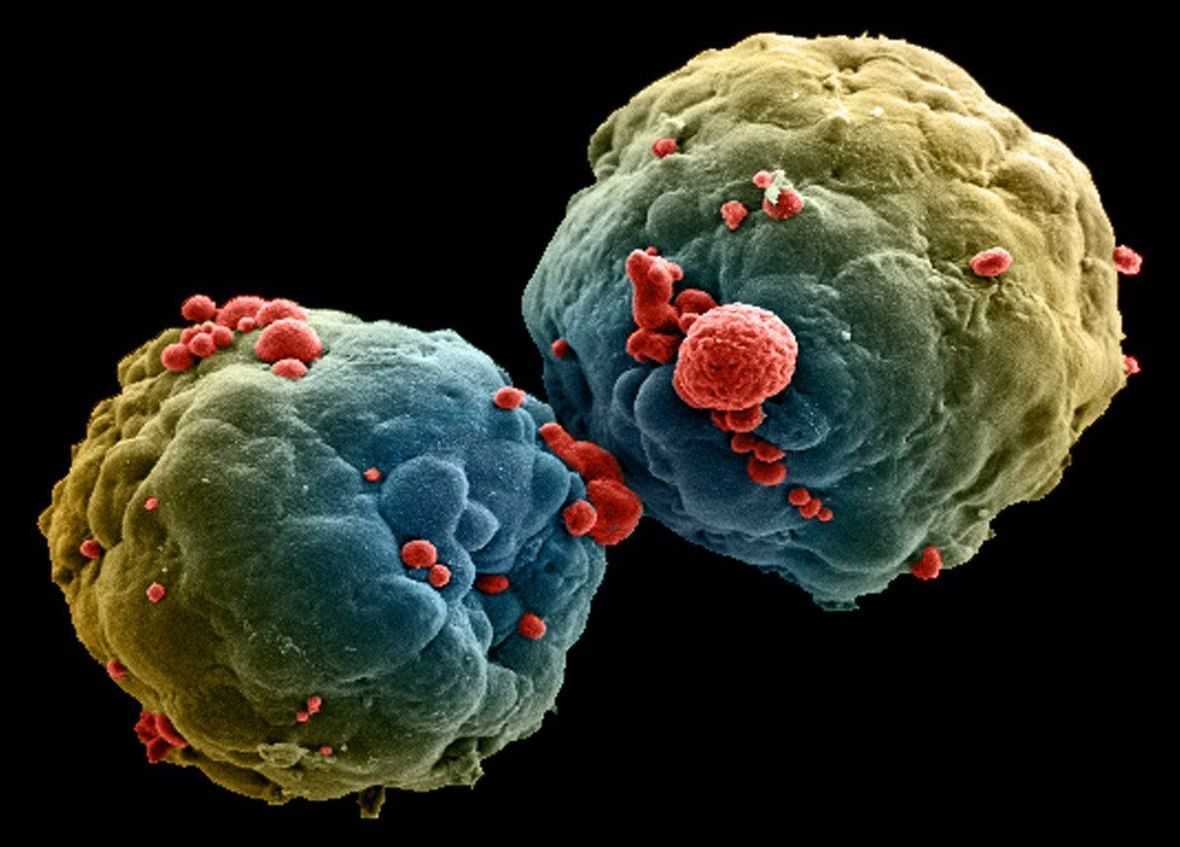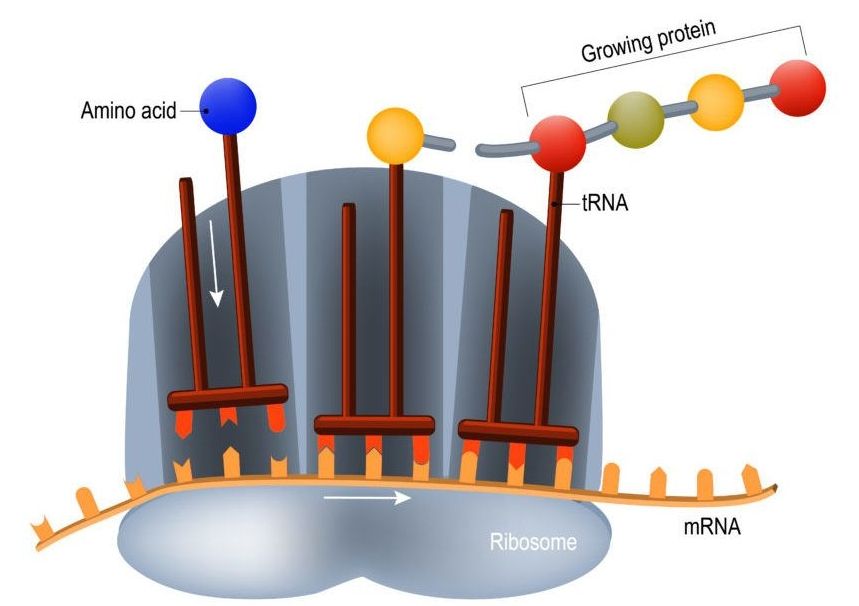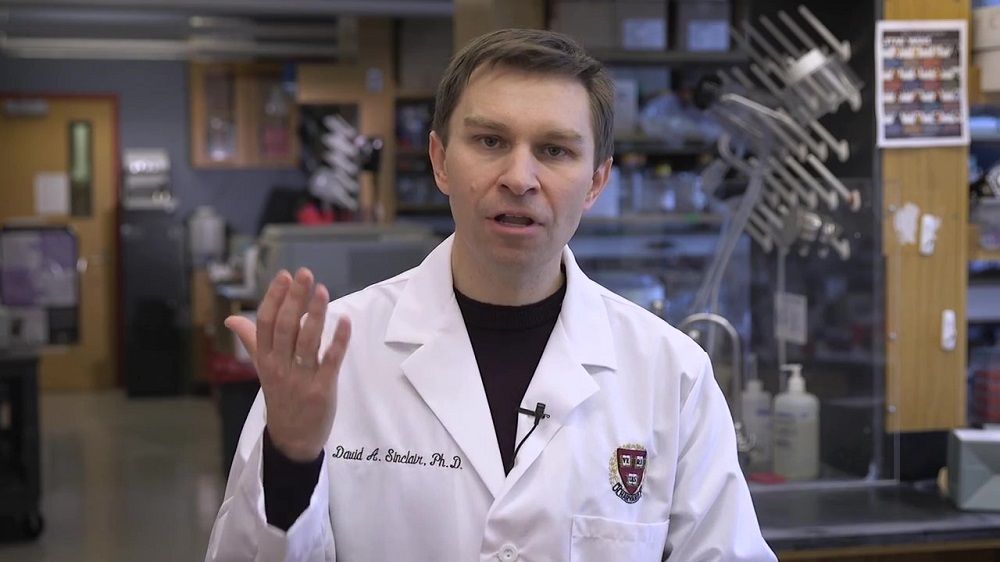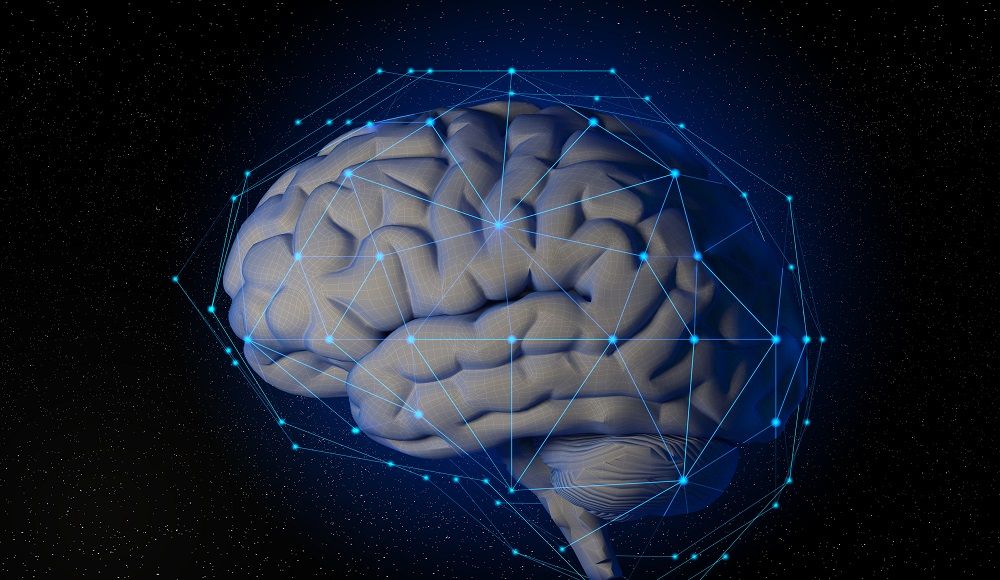Apr 8, 2018
New Cancer Vaccine Implant from Harvard Reprograms Our Cells
Posted by Mean Raven in categories: biotech/medical, life extension
In brief: An implantable cancer vaccine from Harvard has shown promising results in mice, and researchers are testing it in a clinical trial on humans. [This article first appeared on LongevityFacts. Author: Brady Hartman. ]
An implantable cancer vaccine being tested on patients by Harvard’s Wyss Institute is a new type of immunotherapy that holds promise to treat a wide range of cancers such as melanoma, as well as auto-immune conditions and infectious diseases. The aspirin-sized implant is made of a polymer scaffold containing growth factors and tissue samples from a patient’s tumors which trains a patient’s immune system to search and destroy cancer cells.
Harvard’s cancer vaccine is approaching the end of clinical testing, promising to be available 4 or 5 years sooner than Stanford’s vaccine with its 97% cure rate.
